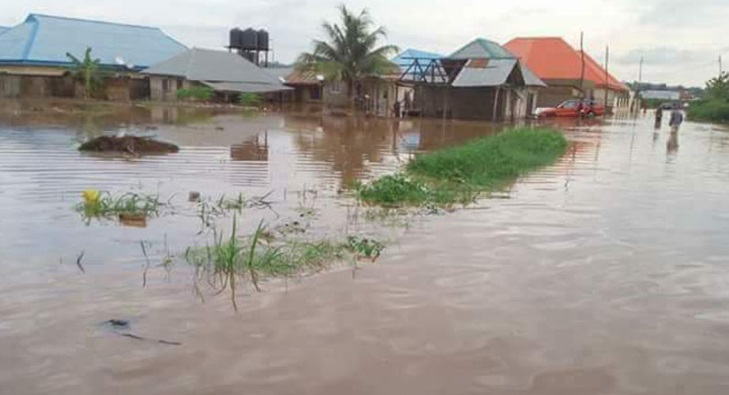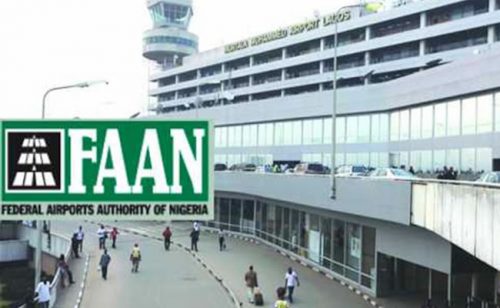Lessons from Benue floods

Once again, the rains have wrecked havoc in many parts of the country especially along the flood plains of many rivers, taking the lives of many people, submerging hundreds of houses and sacking many people from their homes.
Worst affected were Benue, Kogi, Cross River and Akwa Ibom states. In Makurdi, the Benue State capital and its environs alone, at least 110,000 people were sacked from their homes.
The flood also washed away many roads and drains and cut off many inhabitants from the main town. In Kogi State, many parts of Lokoja, the state capital and the confluence of Rivers Niger and Benue were submerged.
The Benue flood, apart from being a natural disaster, was made worst by blocked drainage and the erection of buildings on drainage channels.
People built houses on the flood plain of River Benue and also blocked drainage channels, thus preventing free flow of excess water from flowing into the River.
Hardest hit areas were Achuasa Media Village, Wadata Rice Mill, Behind Police Zone Four, Larozone Nyiman Quarters, Judges Quarters, Gboko Road, Logo, New Bank Road, Abu, Shuluwa Road and the neighbourhood of Radio Benue, where all the houses in the community, including the transmitter of the state-owned radio station, were submerged.
The lessons to learn from the Benue flood are many and varied. The indiscriminate building of houses along the flood plains and on storm water channels of rivers across the country must henceforth be checked.
Evidence has shown that flooding is made worst by those who build houses and structures on the flood plains of rivers and on drainage channels, thereby blocking the free flow of flood water.
In the Benue floods, the National Emergency Management Agency (NEMA) response was quick just as it was quick in many of the other states.
Temporary shelters were provided for flood victims while relief items such as clothing, beddings, food and water were provided
Also, human life is very precious. No amount of money can equate with human life. Government must be prepared to provide for the security of every Nigerian anywhere within and outside the country.
The rainy season is still around and flood prone areas of the country must always be prepared for flood , while NEMA must be prepared to reach any affected people with relief materials without delay.
In addition, accurate weather forecast is important to enable the government, NEMA and the people to prepare adequately for bad weather, the accompanying rains and floods.
The country must use its satellites to accurately predict the weather. Nigeria must learn from the experience of the US where accurate weather forecast using satellite imagery has enabled that country to predict the arrival of violent hurricane storms and to cope with them.
Above all, urban and regional planning is important. All the major towns and cities in the country should be better planned than they are now.
The issue of flood is a perennial one and there should be better response to distress calls from people whenever flood hits any place.
In addition, every state should have its own state emergency management outfit to cater for people who are involved in flood disaster, or other emergencies and to liaise with NEMA whenever there is need for it.










